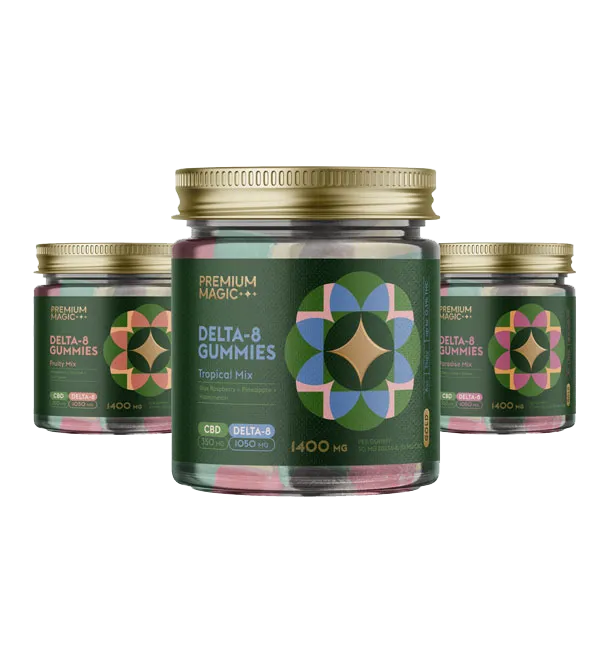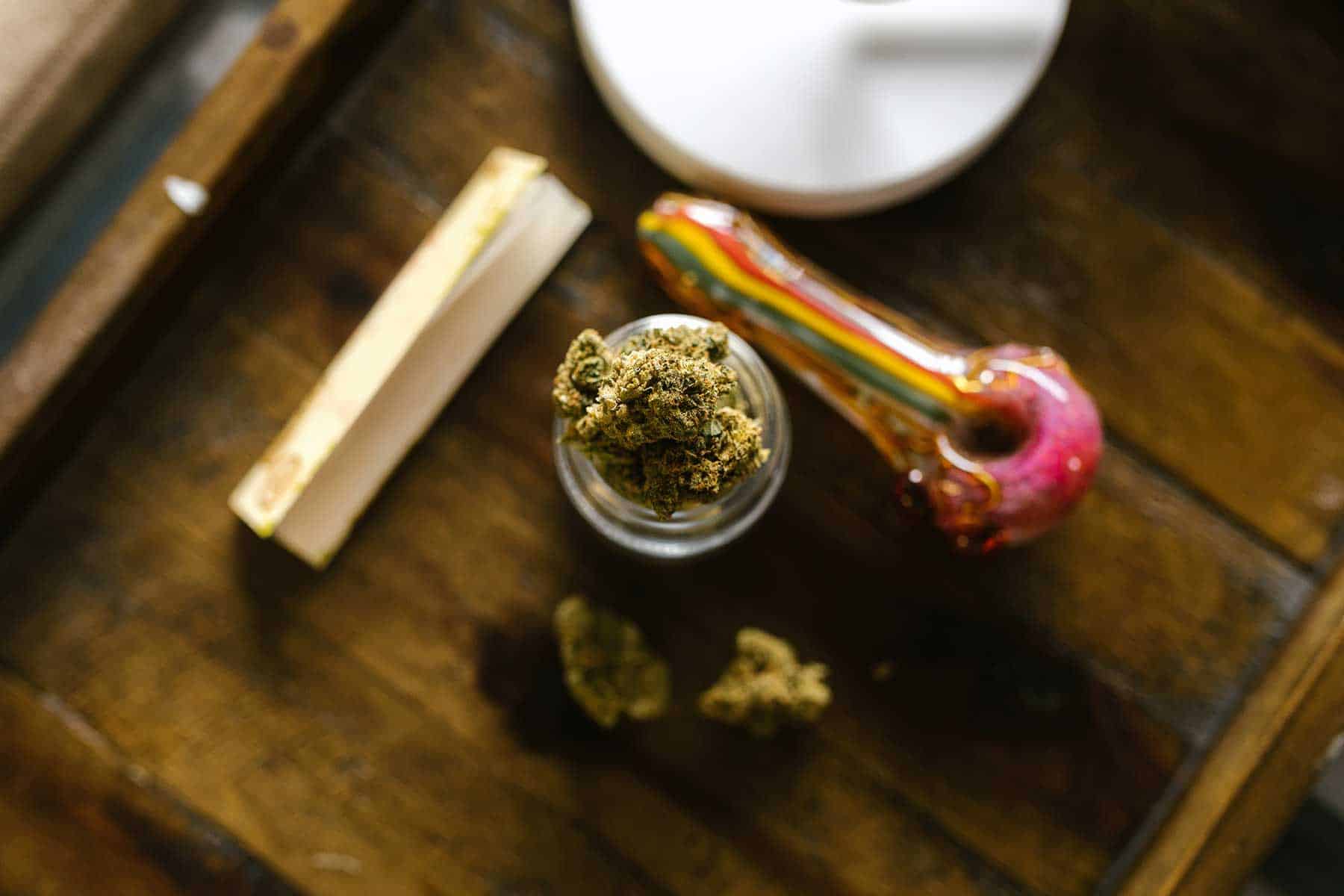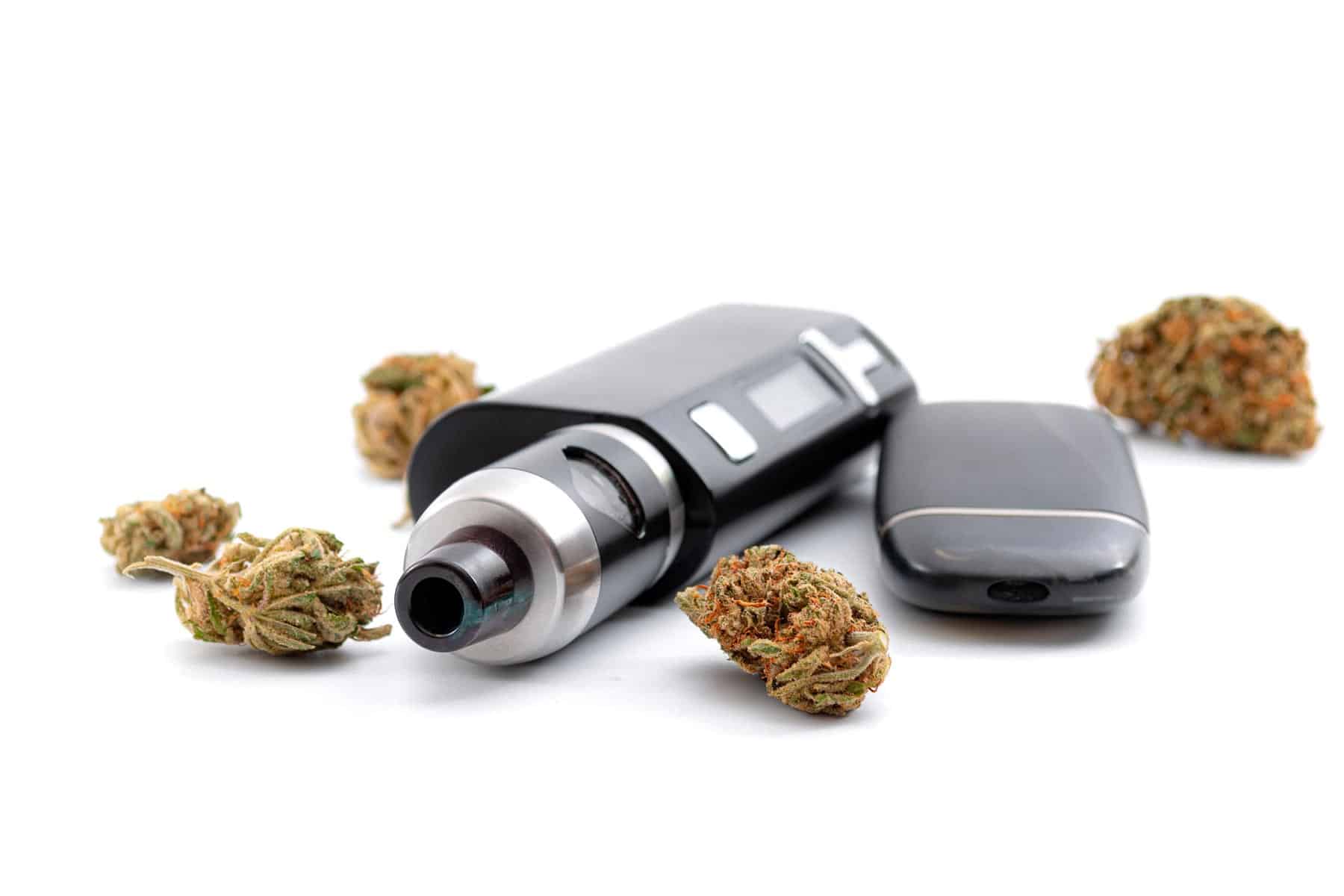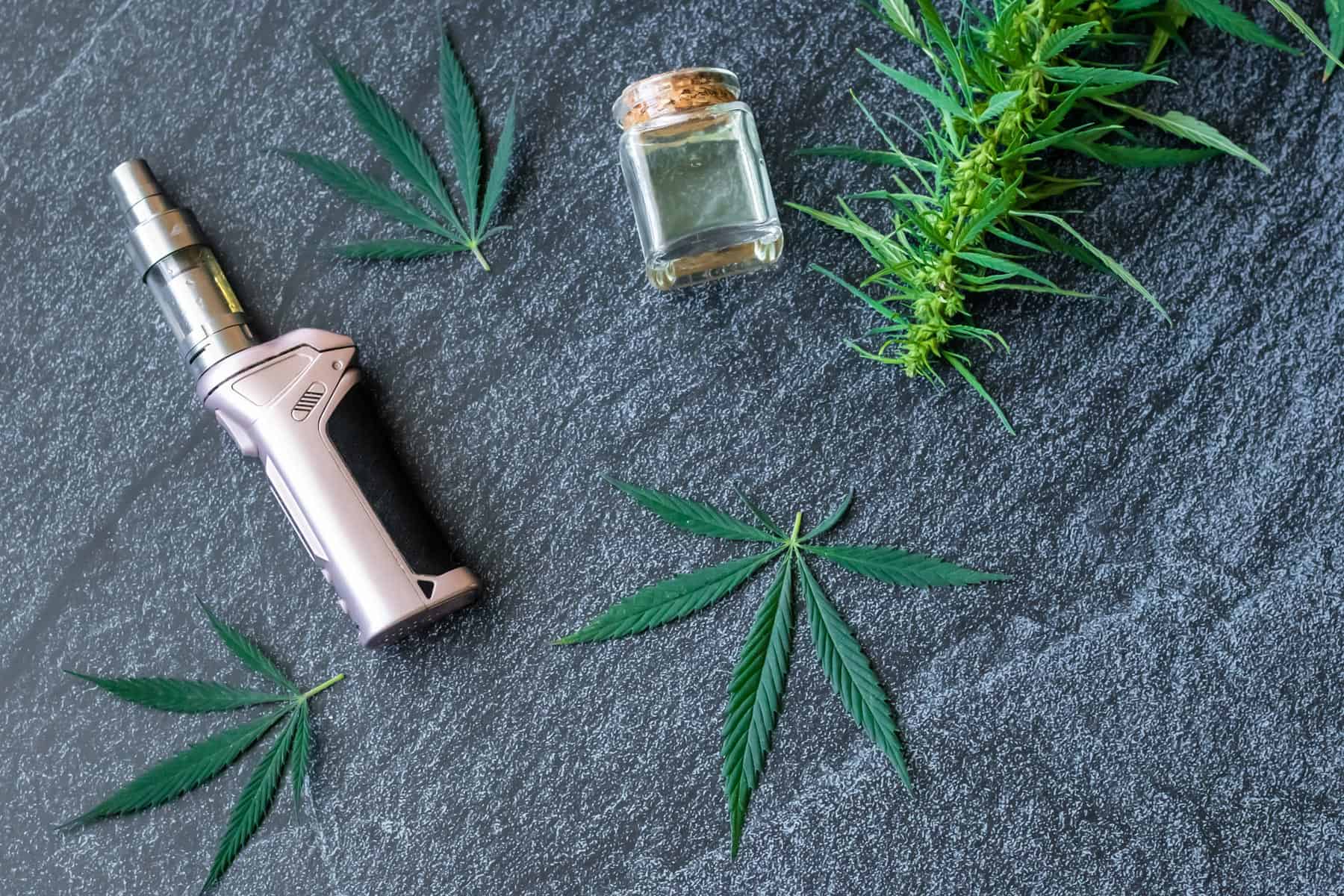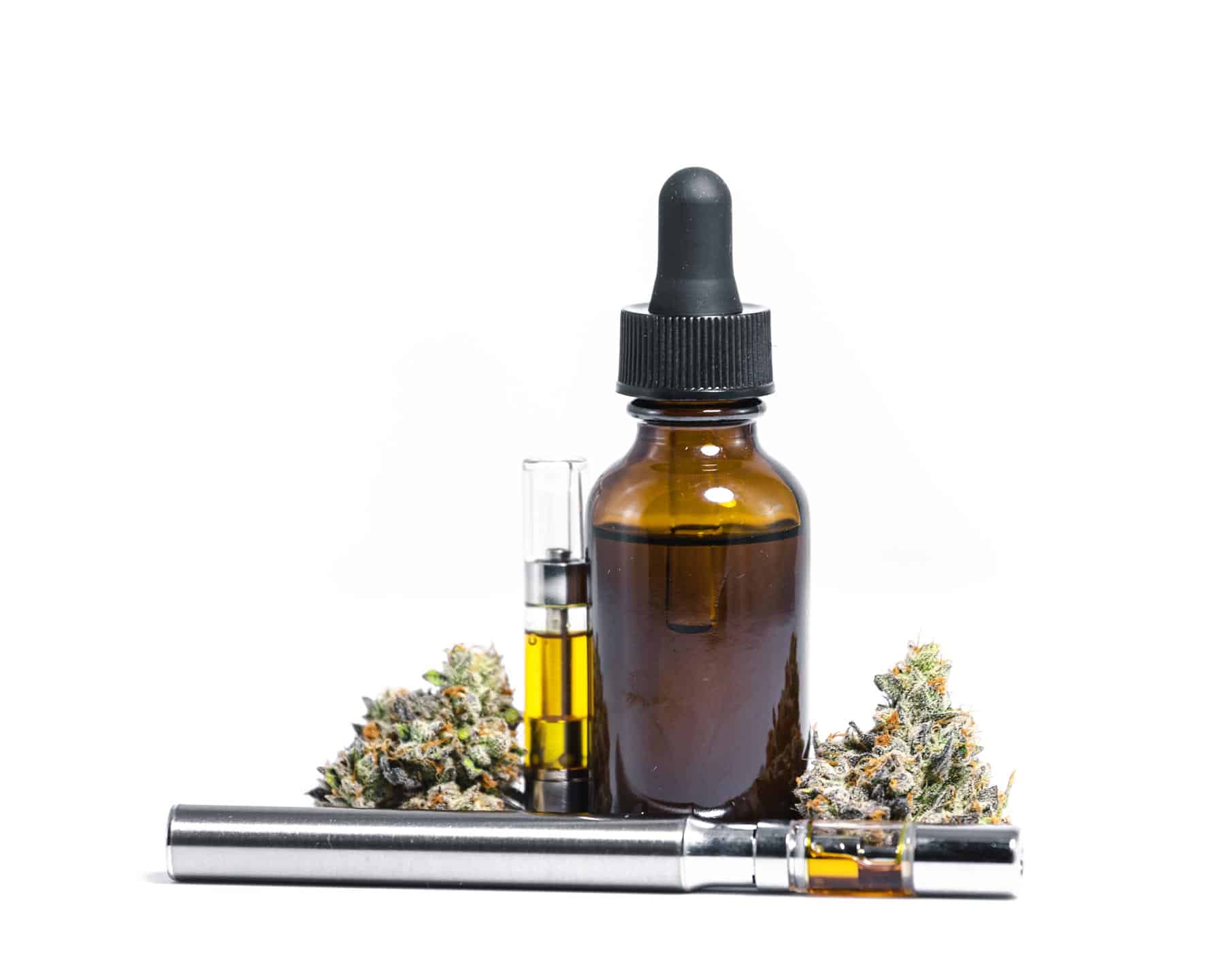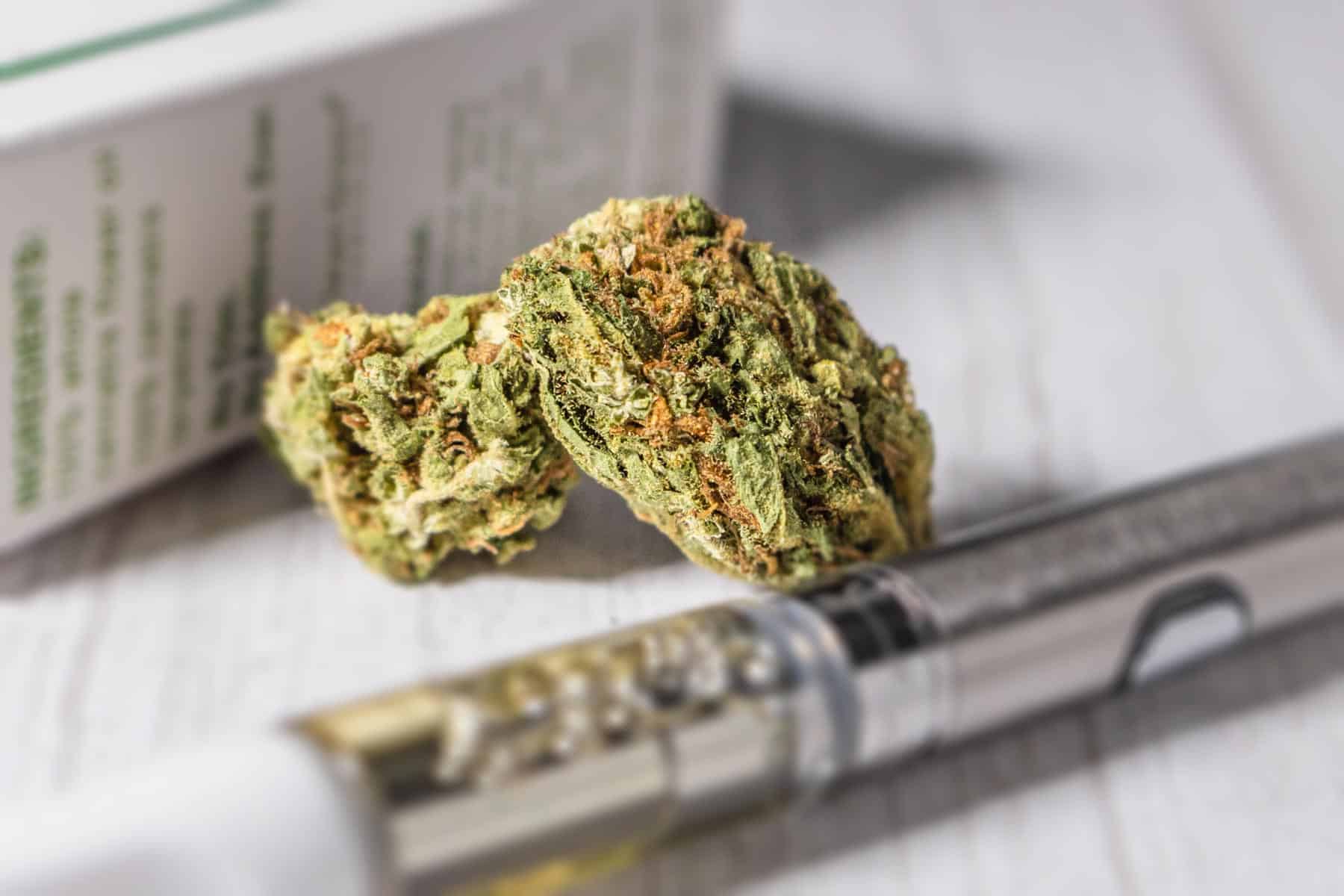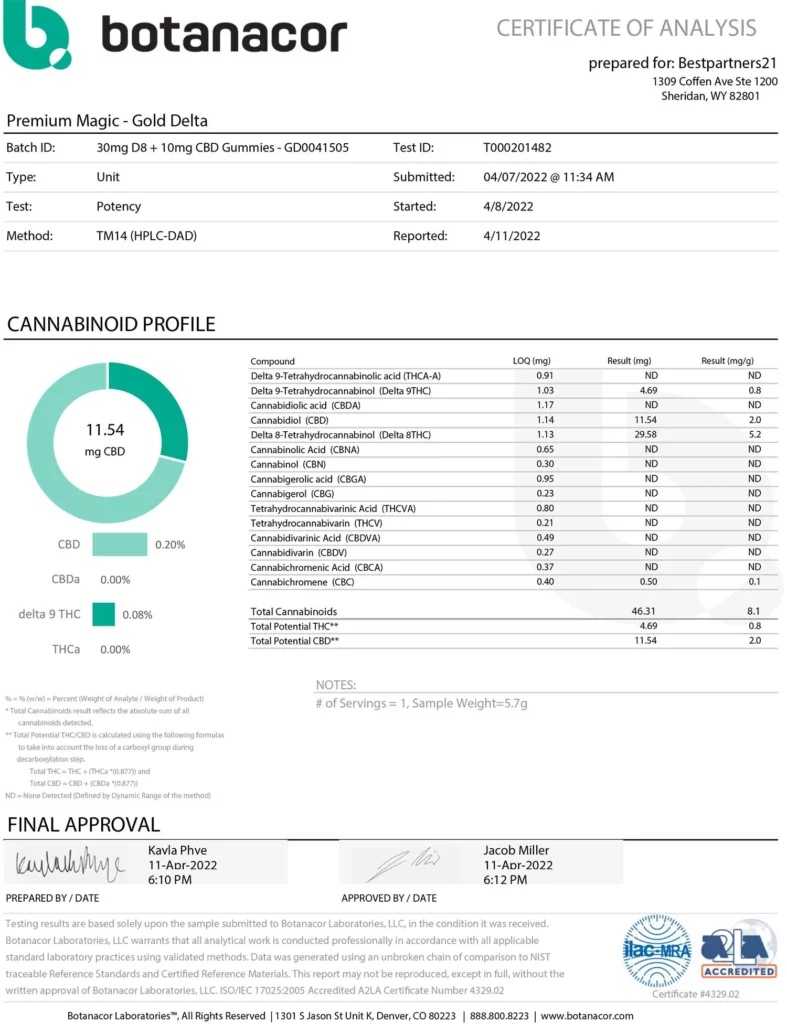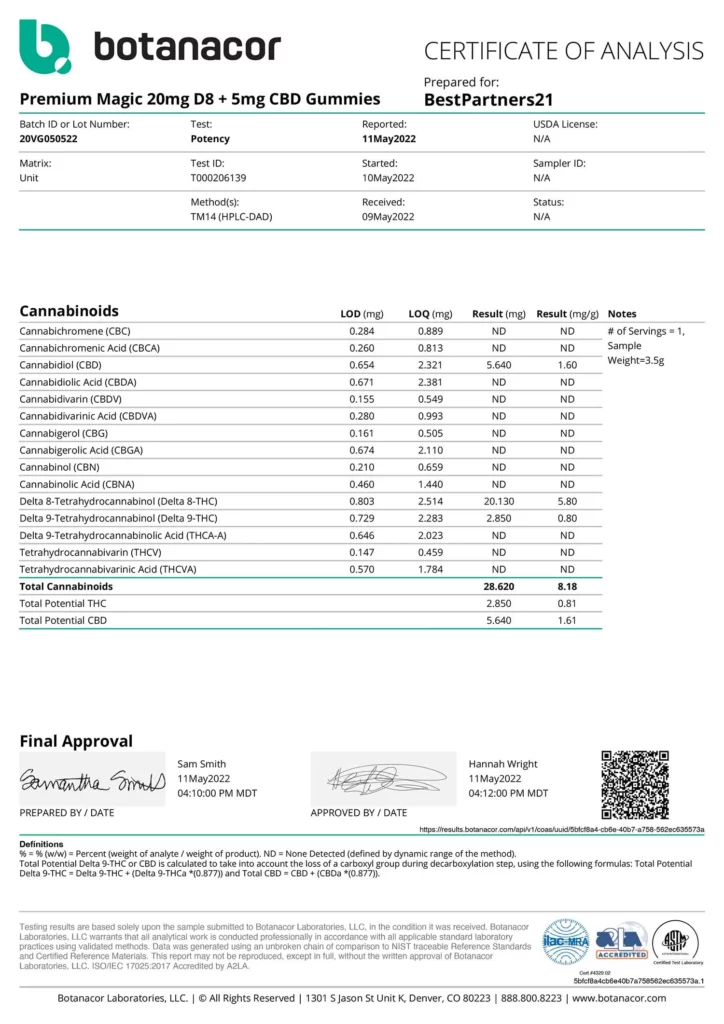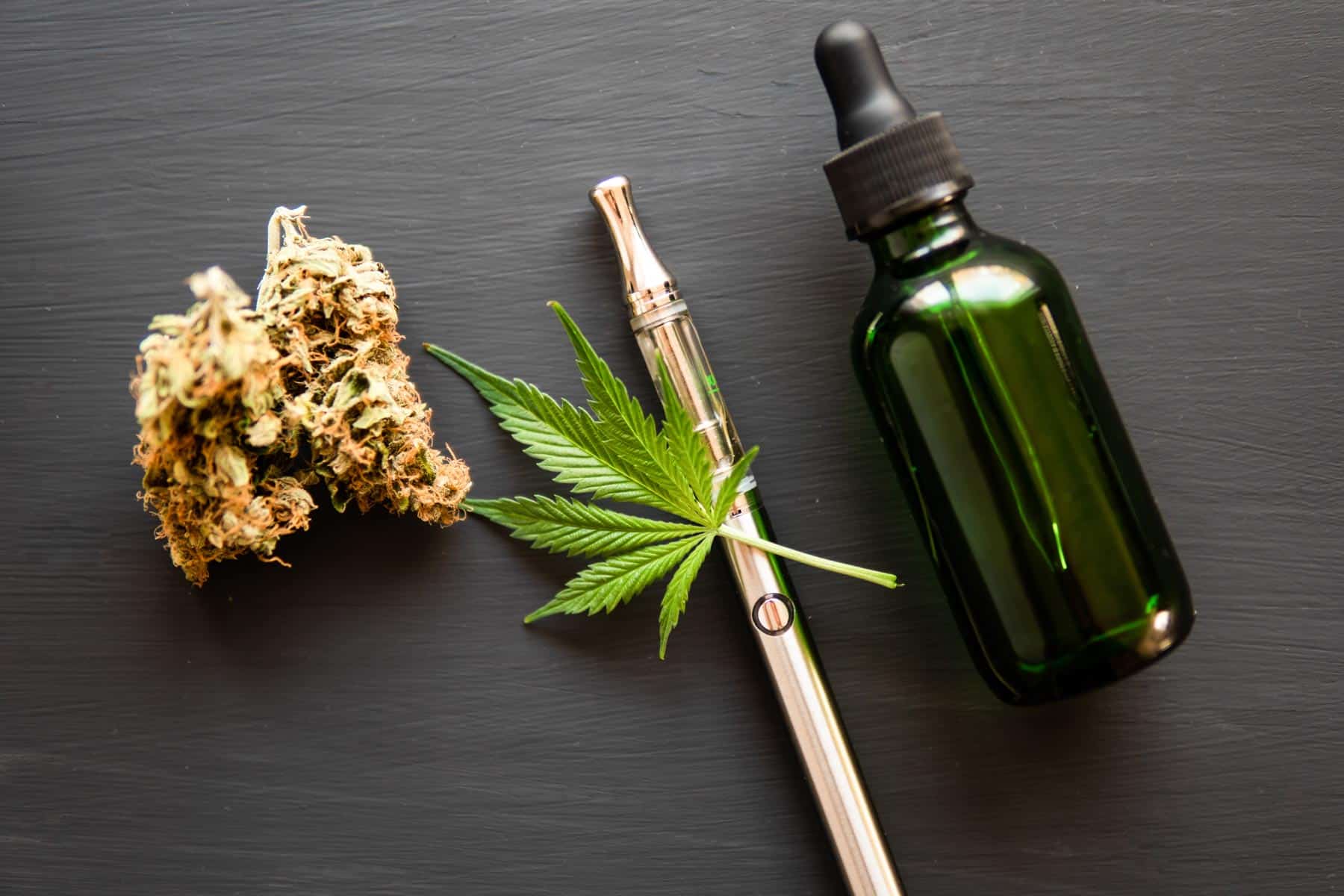
The Legal and Regulatory Landscape of Delta 8 Vapes: Implications for Safety and Quality Control

Delta 8 Vapes are compound found in cannabis plants that has gained a lot of attention in recent years. It is known for producing milder psychoactive effects than delta-9 THC, the primary psychoactive component in cannabis. As a result, Delta-8 THC products, such as Delta 8 vapes, have become increasingly popular in the cannabis industry.
However, the legality of Delta-8 THC products is complex, and the regulatory landscape is still evolving. In this article, we will explore the legal and regulatory landscape of Delta 8 vapes and discuss its implications for safety and quality control.
The Legal Status of Delta 8 Vapes
Delta 8 Vapes is not explicitly listed as a controlled substance under the Controlled Substances Act (CSA). However, the CSA does prohibit the production and distribution of any THC product derived from cannabis that contains more than 0.3% delta-9 THC.
The ambiguity in the CSA has created confusion among lawmakers and industry players regarding the legal status of Delta 8 Vapes products. Some states, such as Colorado and California, have explicitly legalized Delta-8 THC, while others, like Alaska and Arizona, have banned it. The legal status of Delta 8 Vapes products is still being debated in many states, and the federal government has yet to provide clear guidance on its legality.
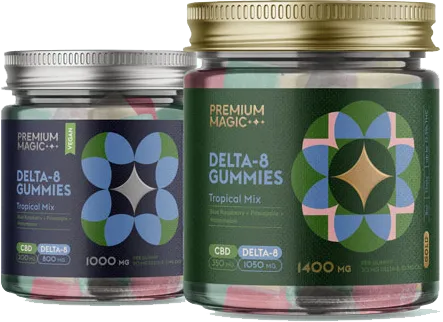
Gold + Silver Combo Tropical Mix
Original price was: $154.98.$67.99Current price is: $67.99.
Or Subscribe and Save 30%
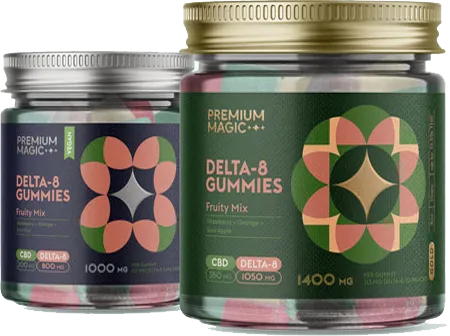
Gold + Silver Combo Fruity Mix
Original price was: $154.98.$68.99Current price is: $68.99.
Or Subscribe and Save 30%
The Regulatory Landscape of Delta-8 Vapes
Due to the lack of clear guidance from the federal government, the regulation of Delta-8 vapes falls largely on state governments. However, many states have not yet established regulations for Delta-8 THC products, leaving consumers at risk of purchasing unsafe and low-quality products.
The lack of regulation also creates challenges for businesses producing Delta-8 vapes. Without clear guidelines, it can be challenging for businesses to ensure that their products are safe and high quality. As a result, many reputable businesses have chosen not to produce Delta-8 THC products, as they are unsure of how to comply with the patchwork of state regulations.
The Implications for Safety and Quality Control:
The lack of clear guidance on the legality and regulation of Delta-8 THC products has significant implications for safety and quality control. Without regulation, there is no way to ensure that Delta-8 vapes are produced and sold safely and at a consistent level of quality.
The lack of regulation also makes it difficult for consumers to know what they are purchasing. Many low-quality and potentially dangerous products are sold under the guise of Delta-8 vapes, making it crucial for consumers to do their research before making a purchase.
Businesses producing Delta-8 vapes have a responsibility to prioritize consumer safety and quality control. This can be done by adhering to rigorous quality control standards and testing their products for contaminants and potency.
Implications for the Industry
The lack of clear regulations around Delta-8 THC vapes has significant implications for the industry. On the one hand, the absence of regulation could create opportunities for manufacturers to create innovative products and bring them to market more quickly. However, without established safety standards, it is difficult for consumers to make informed decisions about the products they are purchasing.
Furthermore, the lack of regulation could make it challenging for reputable manufacturers to compete with those who may cut corners and produce lower-quality products. This could ultimately harm the industry’s reputation and limit its potential for growth.
Conclusion
The legal and regulatory landscape of Delta-8 vapes is complex and ever-evolving. Consumers must be careful when purchasing Delta-8 vapes and should do their research before making a purchase. Businesses producing Delta-8 vapes should prioritize consumer safety and quality control by adhering to rigorous quality control standards and testing their products for contaminants and potency.
